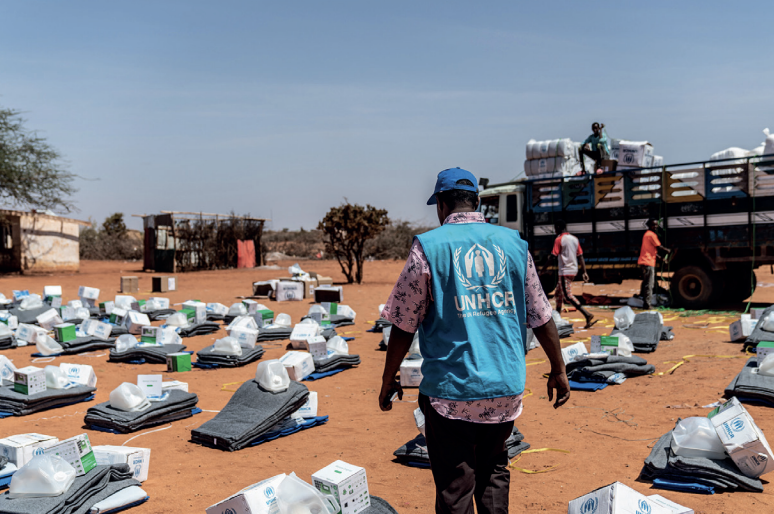Reports and articles

Shadow wars: the Taliban’s campaign against the Islamic State Khorasan Province
This paper examines the evolution of the Islamic State Khorasan Province (ISKP) from 2021 through 2024, tracing its transformation from a severely weakened entity to an adaptive, decentralised organisation capable of posing a persistent threat in Afghanistan.
Drawing on over 100 qualitative interviews with ex-ISKP members, supporters and sympathisers, it provides an insider perspective into ISKP’s strategies, challenges and resilience in the face of sustained Taliban counteroperations.
Despite significant losses – including the elimination of key leaders, mass surrenders and the disruption of critical operations – ISKP has maintained visibility and relevance. At the same time, Taliban counterterrorism strategies have evolved. The Taliban’s campaign has suppressed ISKP’s territorial and operational ambitions but has not eradicated its ideological appeal.

Drivers of ISKP recruitment in Afghanistan
The Islamic State Khorasan Province (ISKP) has proved to be remarkably resilient despite international and Taliban government efforts to destroy it. This paper offers an in-depth analysis of ISKP’s recruitment strategies, the varied experiences of its members, and the group’s operational dynamics across Afghanistan.

The border business: a political economy analysis of checkpoint taxation in Afghanistan
Checkpoints and the transit taxes that can be levied at them have been central to the vagaries of Afghan state formation and conflict—and are crucial to understand the rise to power of the Taliban. In this new working paper Sarajuddin Isar posits that checkpoint taxation is a key means of creating and negotiating rents between state and non-state actors, driving political settlements and conflict.

Roadblocks and revenues: the politics of passage
From Afghanistan and Yemen and from Mali to Somalia, checkpoints are central to dynamics of armed conflict, funding insurgents, driving violence and shaping governance by various types of armed actors, state and non-state alike. A new working paper series on roadblocks and revenues sheds lights on checkpoints in conflict contexts across the world and provides a new window into dynamics of authority and power.

Time for change: the normalization of corruption and diversion in the humanitarian sector
Although the aid sector often treats corruption and diversion as an anomaly, they are pervasive, systemic and often unwittingly perpetuated by standard aid sector practices. Drawing primarily on evidence from Somalia and Afghanistan (with reference to other contexts), this paper explores the specific aid practices that enable and perpetuate corruption and diversion, and what donors and implementers should be doing differently.

“Never say never:” learning lessons from Afghanistan reviews
This “review of reviews” looks at how and what Western governments and international organisations have tried to learn from the intervention in Afghanistan.

Citizens without states: the implications of non-recognition for people in de facto states
This paper examine the impact of non-recognition of de facto authorities on the people living in these territories. Arguing that the negative social, economic and well being impacts are profound, it urges for a re-think approaches to de facto authority.

Taliban arms management practices
This paper argues that we should not see ‘political’ and ‘criminal’ groups as separate categories. Instead, we should envision a spectrum of motives and practices across all armed groups, regardless of how they are labelled.

Taliban case study - from words to deeds: ANSA practice and interpretation of IHL and human rights norms
Part of a larger research programme hosted by the Geneva Graduate Institute, this study examines the Taliban insurgency’s practice and attitudes toward IHL rules and human rights norms.

Rethinking armed group control
Prevailing understandings of control – which focus on territorial dividing lines and acts of violence – are incomplete. Our paper argues that armed group control should instead be broken down according to how armed groups seek to influence populations.
